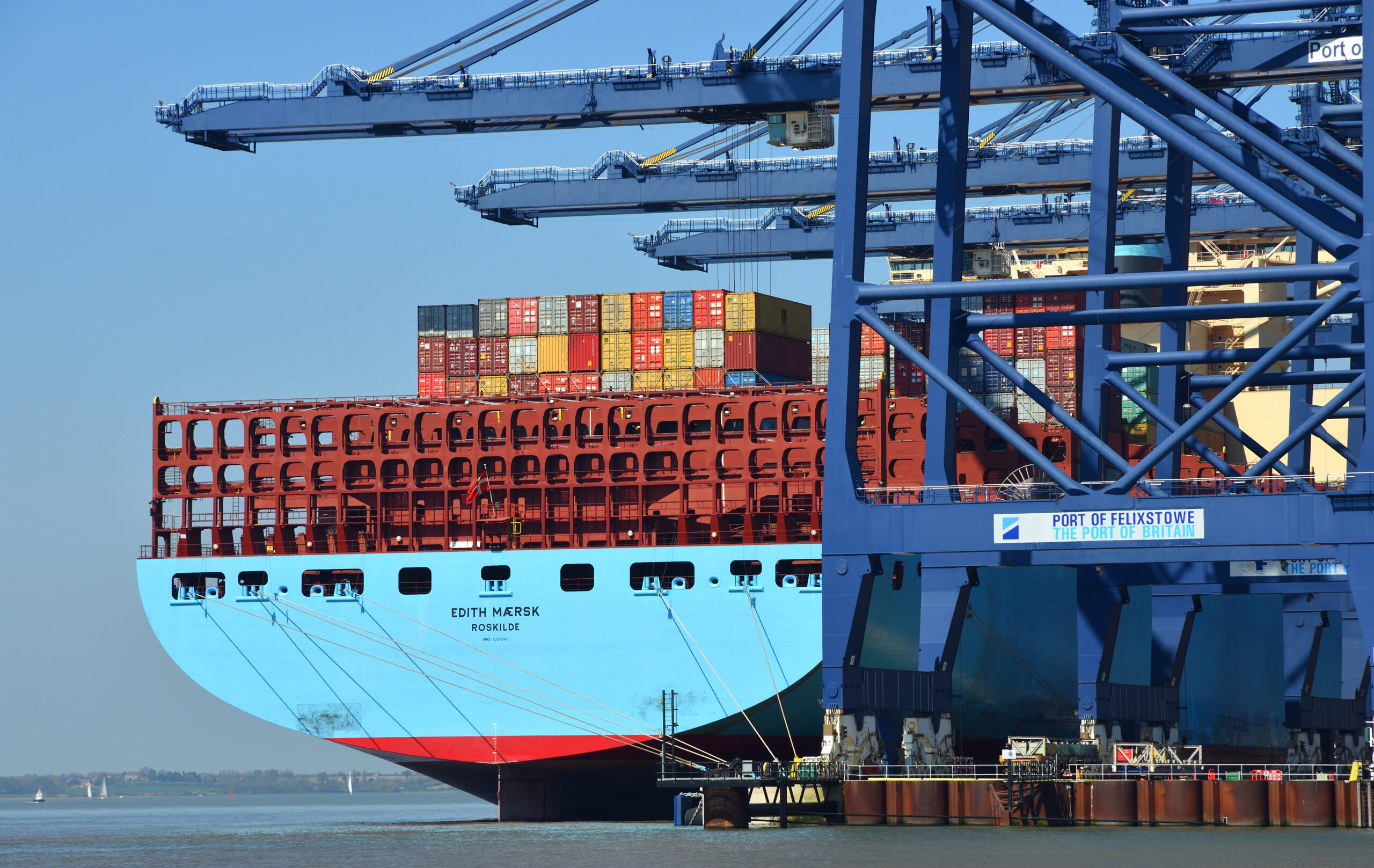FincoEnergies, a Netherlands-based biofuel supplier, in partnership with Lloyd’s Register (LR), has launched a compliance pooling service designed meet the regulatory requirements of FuelEU Maritime and expand the uptake of sustainable fuels.
As FuelEU Maritime impacts decarbonisation pathways for European shipping, new pooling mechanisms are emerging to ensure fleetwide compliance. FincoEnergies’ FuelEU Pooling platform enables vessels that exceed greenhouse gas (GHG) intensity reduction thresholds, typically those operating on high-blend or pure biofuels, to generate a compliance surplus. These surpluses can then be allocated to undercompliant ships, especially those in the tramp trade where access to low-carbon fuel infrastructure is limited and route predictability is low.
FuelEU Maritime allows for fleet-level compliance through the aggregation of vessels. FincoEnergies acts as the central organiser, bundling the surplus from compliant vessels and redistributing it to clients facing a compliance shortfall. The pooling mechanism, developed in partnership with LR, consolidates the full compliance chain under a single commercial framework from biofuel supply to verification.
FuelEU Maritime, which came into effect on 1 January 2025, requires a 2% GHG intensity reduction on energy used onboard ships trading in the EU. This threshold will gradually increase over time, reaching 6% by 2030 and 80% by 2050, and therefore incentivises shipowners to develop both long-term and short-term compliance strategies. For many operators, particularly those outside the liner segment, sourcing compliant fuels and verifying emissions reductions represent significant operational challenges.
‘FuelEU Maritime represents one of the most important regulatory shifts for the shipping industry in decades,’ commented Alberto Perez, Global Head, Maritime Commercial Markets at LR. ‘By integrating technical expertise with strategic guidance, we ensure shipowners, operators, and suppliers not only comply with evolving emissions standards but also proactively transform their operations, embracing new technologies and alternative fuels to ensure a sustainable and profitable future.’
Surplus compliance is monetised through pooling contracts, with pricing structures indexed to the relative costs of biofuels and fossil fuels. This approach ensures that the abatement cost for purchasing surplus certificates is broadly comparable to the cost of directly bunkering biofuel, which create pricing parity that enhances market liquidity. The pooling mechanism also offers a potential hedge against regulatory volatility by decoupling compliance from bunker fuel procurement.
Through this mechanism, shipowners gain access to a structured, auditable, and cost-effective means of satisfying compliance obligations, particularly those whose operational profiles do not readily permit biofuel use.
Ultimately, the model’s scalability will depend on regulatory clarity, verification integrity, and broader market uptake. While FuelEU Maritime permits pooling, implementation details around audit processes, surplus trading protocols, and cross-vessel allocation are still evolving. Confidence in these frameworks will be critical if such mechanisms are to underpin long-term compliance strategies at fleet level.



